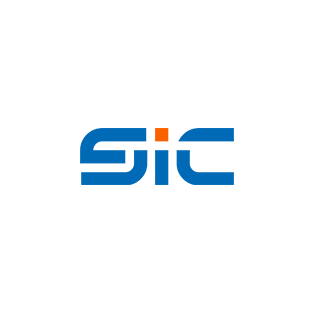For anyone working in the electronics industry, D-shaped connector contacts are a crucial component in the manufacturing process. These connectors are widely used in a range of applications, from aerospace to consumer electronics. Whether you're an engineer, designer, or simply someone interested in learning more about these connectors, this blog will provide you with a comprehensive overview of D-shaped connector contacts.
What are D-shaped connector contacts?
D-shaped connector contacts are a type of electrical connector that is shaped like the letter D. These connectors are widely used in electronic devices and systems to establish reliable electrical connections. The unique D-shaped design provides mechanical stability and ensures that the connector is properly aligned during mating. This makes D-shaped connector contacts ideal for applications where precise alignment and secure connections are essential.
Applications of D-shaped connector contacts
These connectors are commonly used in a variety of industries, including aerospace, automotive, telecommunications, and consumer electronics. Their robust design and reliable performance make them suitable for harsh environmental conditions and high vibration applications. D-shaped connector contacts are often used in aerospace and defense applications, where the connectors must withstand extreme temperatures and maintain electrical integrity in challenging environments.
Advantages of D-shaped connector contacts
The unique design of D-shaped connector contacts offers several advantages over other types of connectors. First, their D-shaped form factor provides mechanical stability and prevents mismating during the connection process. This ensures a reliable and secure connection, reducing the risk of electrical failures. Additionally, D-shaped connector contacts are known for their durability and resistance to environmental factors such as moisture and dust, making them suitable for use in a wide range of applications.
How to choose the right D-shaped connector contacts
When selecting D-shaped connector contacts for a specific application, there are several factors to consider. First, it's important to assess the environmental conditions in which the connectors will be used. For example, if the connectors will be exposed to high temperatures or moisture, it's essential to choose contacts with the appropriate sealing and insulation features. Additionally, considering the electrical requirements and compatibility with other system components is crucial for ensuring optimal performance.
Best practices for using D-shaped connector contacts
To ensure the reliable and long-lasting performance of D-shaped connector contacts, it's essential to follow best practices for their installation and maintenance. This includes properly aligning the connectors during mating, ensuring that contacts are clean and free of debris, and regularly inspecting the connectors for any signs of wear or damage.
In conclusion, D-shaped connector contacts are an essential component in the electronics industry, providing reliable electrical connections in a variety of applications. Their unique design, durability, and resistance to environmental factors make them a preferred choice for engineers and designers across different industries. By understanding the advantages and best practices for using D-shaped connector contacts, you can ensure the optimal performance and longevity of your electronic systems.









 Wishlist (0 Items)
Wishlist (0 Items) 